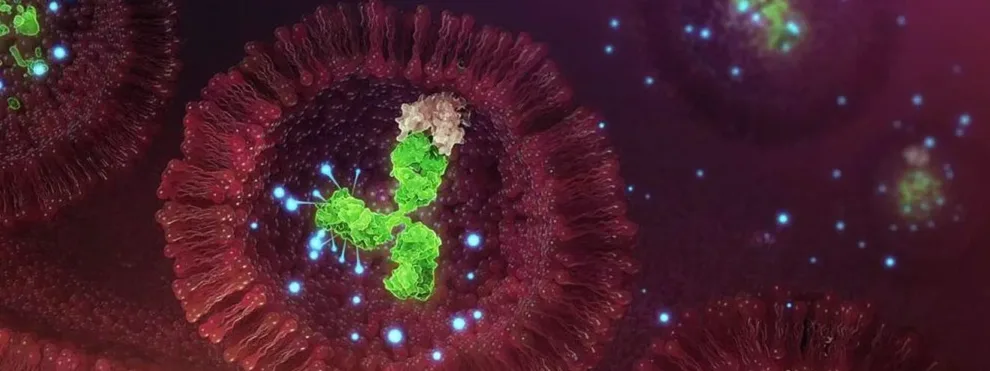
Anyone who has been following KCAS for any amount of time has likely heard us discuss the advantages of Hybrid LC-MS/MS for the bioanalysis of large molecules. As pioneers in the technology for many years, KCAS has become a strong proponent of working with our customers to demonstrate the quality and quantity of data that we can provide to help them decide whether a Hybrid LC-MS/MS approach can provide additional value for their drug development process. We are used to talking about the advantages of these technologies but as the complexity of therapeutics and technologies evolve, it is important to review the services KCAS offers and show how we continue to provide leadership in the successful implementation of hybrid LC-MS/MS to solve problems for current, and potential future customers.

As customers have become increasingly aware of the value of hybrid LC-MS/MS technology, we are increasingly seeing it move from a niche consideration to a more widely accepted approach. The potential of hybrid LC-MS/MS is frequently included in early discussions when KCAS and our clients review the optimal approach for large molecule quantitation. As therapeutic entities become increasingly complicated and reagents may be difficult to source, the value of hybrid LC-MS/MS is only going to increase and become more of an industry standard.
ADCs and Hybrid Technology
Recently, we have seen the role of hybrid LC-MS/MS in the analysis of antibody-drug conjugates increase. Antibody drug conjugates tend to consist of a toxic small molecule payload attached via a linker to an antibody. The application of these drugs had mainly been in oncology where their mode of action is for the antibody to attach at the desired target site with subsequent release of the small molecule to combat tumor cells. Recently, we have seen a much wider application or use of “ADCs” to other modalities such as Antibody-peptide conjugates or even other more complicated multi-functional entities.
Having a therapeutic entity with multiple distinct components means that we need to have analytical methodologies for various components. Traditionally, LC-MS/MS has mainly been applied to the quantitation of the small molecule payload or the linker moiety. Ligand-binding assays had been successful for quantitation of the intact antibody drug conjugate or the antibody portion.
More recently, we have seen a trend towards all analyses being done by LC-MS/MS. Hybrid LC-MS/MS can easily be used to monitor both the total antibody as well as the ADC conjugate. Depending on the type of conjugation and linker used (site-specific vs Cys or Lys conjugation and cleavable vs non-cleavable,) and what reagents are available, hybrid LC-MS/MS offers several strategies or advantages to monitor the various constituent parts of the ADC. This gives us flexibility for the quantitation of antibody drug conjugates. In many cases, ligand binding or hybrid LC-MS/MS can be applicable. However, poor reagents or limited availability of reagents can limit the immediate application of ligand-binding. The ability to approach the analysis from different angles to gain multiple insights into the analyte can increasingly nudge the decision towards the use of LC-MS/MS. In many preclinical cases, we can even use “generic” methods which make the method development and analysis much quicker and cost effective.
At the very least, the availability of hybrid LC-MS/MS as an alternative technology greatly increases your chances of success in the bioanalysis of antibody drug conjugates.
The increasing use of a new technology for large molecule quantitation does present a challenge to industry. It is essential that your analysis partner has a thorough understanding of hybrid technology including potential immunoaffinity approaches, enzymatic digestion alternatives, chromatography and optimization of the mass spectrometer.
Bioanalysis is a continually evolving field. KCAS is focused on applying our LC-MS expertise to be at the forefront of the industry to help address our customers’ analytical challenges. Hybrid LC-MS/MS is proving to be an increasingly valuable tool for delivering answers about complex analytes such as antibody drug conjugates to enhance the drug development process.

